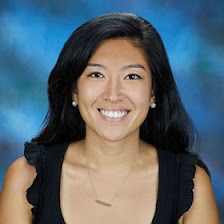Furthering Educational Diplomacy at International School Manila, Philippines

As an international education and educational diplomacy professional, Stephanie Tao, Certificate '13, currently serves as a high school counselor at the International School Manila in the Philippines. How did you become interested in China and end up at the HNC? I moved to China after my undergraduate studies in anthropology because of inspiration from a course I took on urban ethnography. In this course, I read a study on the rapid urbanization of Beijing and what it was doing to the preservation of hutongs and the sociocultural communities that came with them. I wanted to see for myself how quickly urban Chinese cities were growing and the impact it had on sociocultural practices. When I applied to the HNC, I was living in Wuhan, China working at the China-Canada Student Exchange Center at Wuhan University. This was my initial exposure to the field of higher education, and it gave me insight to educational diplomacy created between two countr...
